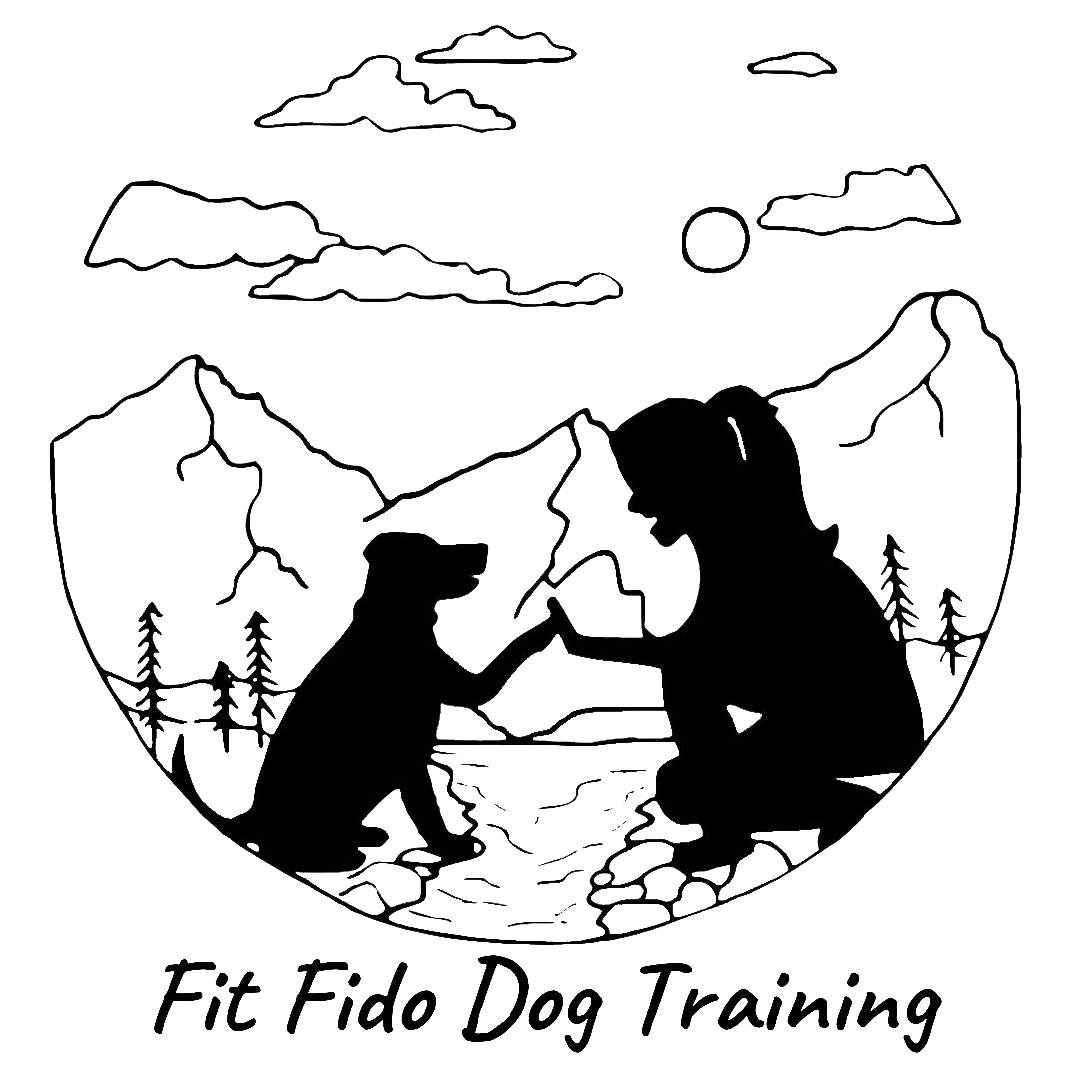The brain’s role in dog reactivity
All dogs could be classified (or labeled) as reactive, a reactive dog is having an emotional response to an event or situation. When a dog reacts excessively or what society has deemed “inappropriately” the dog is labeled as reactive-usually in a negative context.
I find this really sad and hate to label dogs.
They are misunderstood, often fearful and needing support from their humans in these times. I can help you learn how to support your dog AND grow their skills to create a happier, calmer, more confident dog.
Dogs are incredible creatures, and understanding why some become reactive is fascinating.
This is called neuroplasticity.
Neuroplasticity, simply put, is the brain's remarkable ability to adapt and change in response to experiences. In humans and dogs alike, it's what allows us to learn, adapt, and recover from injuries. Think of it as your brain's way of rewiring itself.
How Neuroplasticity Relates to Dog Reactivity
So, imagine this: a dog has an encounter with another dog that's less than friendly. The brain takes note of this, and if it happens repeatedly, it starts to form neural pathways associated with fear or anxiety. These pathways become stronger with each negative experience.
But here's the cool part: just like with humans, dogs can rewire their brains. Positive reinforcement games based training plays a big role here. When pet parents work with me they are helping their reactive dog by guiding them to create new, positive associations in their dog's brain, essentially forming new neural pathways- how cool is that!
Why do dogs react?
Some dogs react outward with barking, lunging and growling while other dogs react inward and usually run, hide or back away/lie down. Which ever way your dog reacts I like to remember that they aren’t acting aggressive or submissive, they are fearful and scared. This helps us to become more compassionate and resist the urge to lash out at them in their most vulnerable time when they need support the most.
Through patience, consistency, creating good choice options and building their skills, these new pathways can override the old ones. It's like paving a new road in their brain that leads to calmness and confidence instead of fear and reactivity.
So, as a games based positive reinforcement dog trainer I’m not just playing games; I’m reshaping a dog's brain and helping them become calm, happier, more confident and optimistic pups.
And to me that's pawsitively awesome! 🐾😊
Training is a lifestyle not a season, there is always something to learn .
Gameify your life!
Please follow the link to book your free phone consultation

